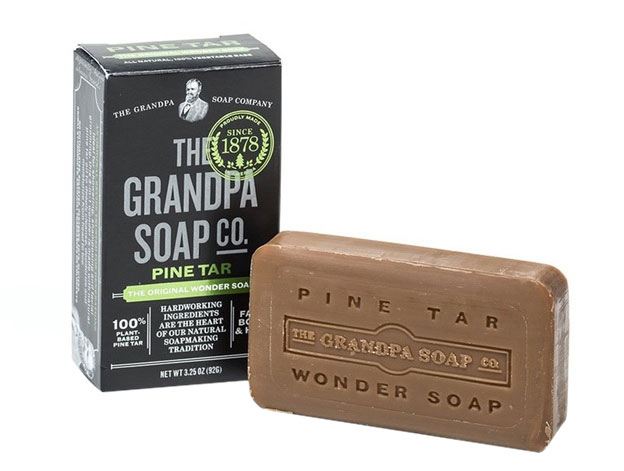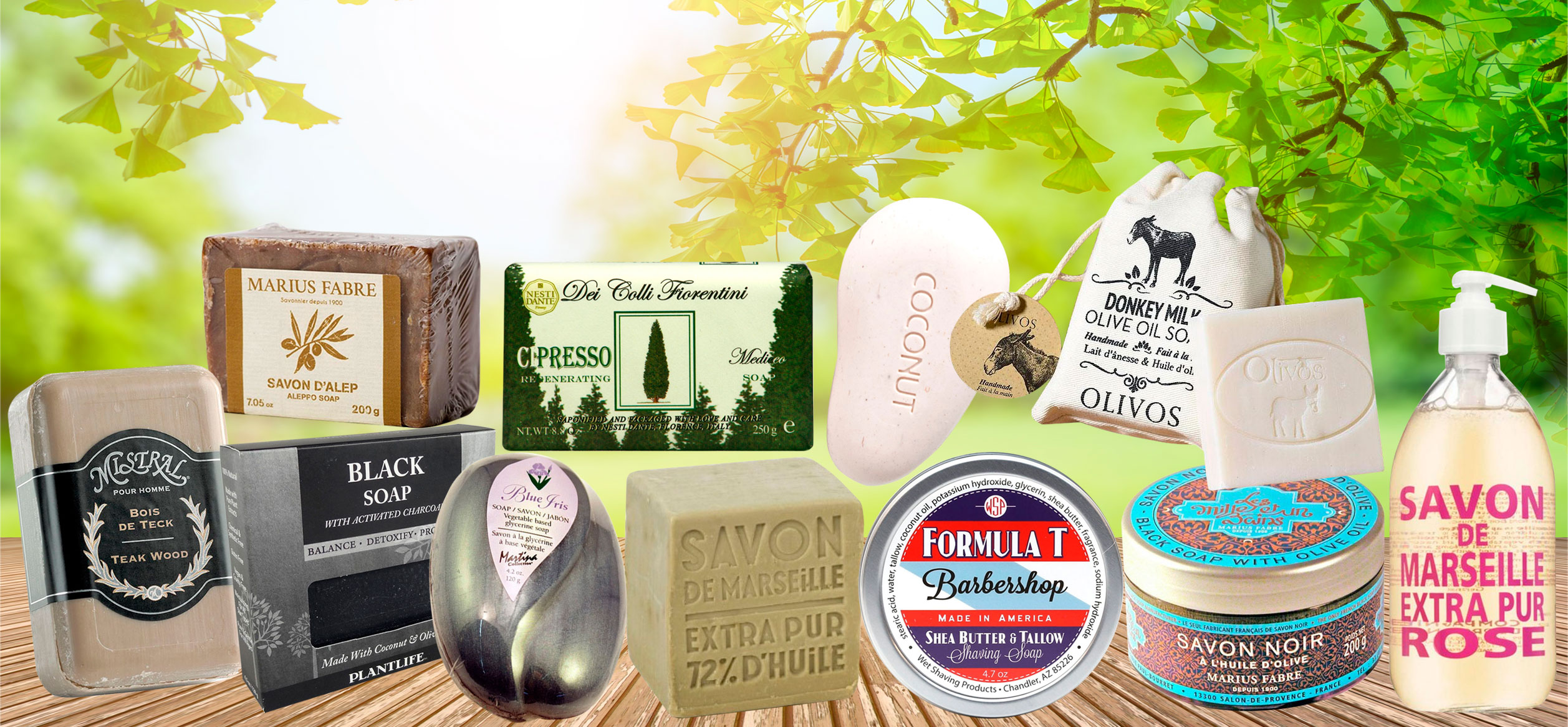WHICH SOAP? THERE ARE SO MANY!
We often hear or see in advertisements about different soaps or detergents that, unlike other products, they have the advantage of destroying the bacteria, almost entirely.
Honestly, until a few years ago, a used to choose soaps mainly by smell and design. I spent about 10-15 minutes on the supermarket soap tray and smelled everything until I chose the most pleasant ones.
Meanwhile, I’ve researched how packaging and perfume are the least important aspects.
WHAT’S THE SOAP MADE OF?
Sodium Hydroxide Soap
The main ingredients are:
- fat (animal or vegetal),
- distilled water,
- caustic soda (lye).
Caustic soda reacts chemically with fat (the other basic ingredient of soap), forming soap. After the saponification reaction has ended, all caustic soda molecules have been saponified and there is no milligram of caustic soda in the soap.
Therefore, caustic soda is only a substance used to make soap, and it is absolutely nothing at all in the final product – in soap.
Therefore, natural soap in its ready to use state does not contain caustic soda! It is made with caustic soda, but does not contain soda.
NESTI DANTE DEI COLLI FIORENTINI CYPRESS TREE BAR SOAP 8.8OZ
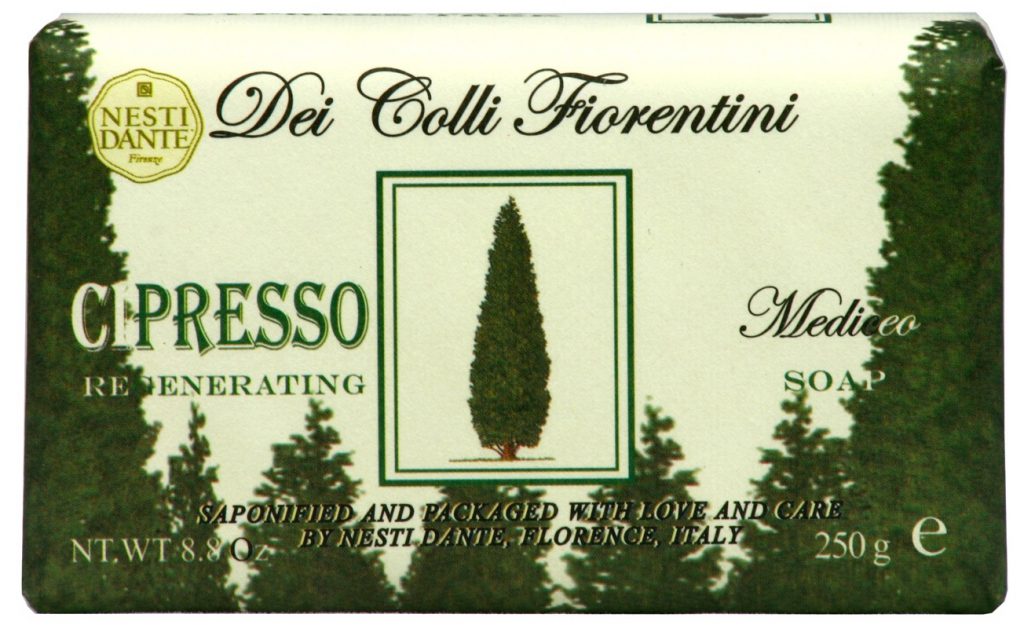
Potassium Hydroxide Soap
If the base is potassium hydroxide (KOH), the resulting soap will be “soft”. It is the reactive ingredient used in most liquid soaps and softer hard soaps.
COMPAGNIE DE PROVENCE LIQUID MARSEILLE SOAP WILD ROSE GLASS BOTTLE 16.9OZ
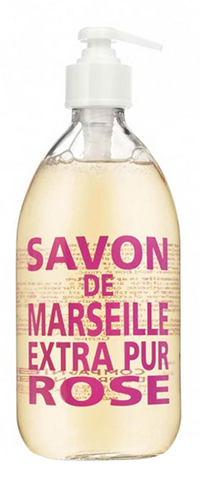
SOAP-MAKING TECHNIQUES
There are three methods to produce natural soap: cold method, hot method and melt & pour method.
Cold Method
The most common method for more expensive, niche or luxury soaps is the cold one, which keeps the active properties of vegetable oils and butter in the composition.
Hot Method
This is a process of producing natural soap quickly but not easily.
It is the first method our ancestors used for many reasons one being homogenization of the ingredients through boiling. This is the most common method used by mass market industrial soap manufacturers
In a few words, the hot method involves adding all the ingredients to a pot, using the bain-marie method, stirring until the mixture reaches 80-100 degrees Celsius, then until the saponification is complete.
This boiling replaces about 30 days of drying, because natural soap is completely dry and safe to use. This means that natural soap is saponified completely, and excess water evaporates, eliminating the natural drying process, uncomfortable for many manufacturers.
Melt & pour method
Many handmade soap makers in the world use the soap “Melt and pour” – MP soap. Some people call this method improper. They do not use the soap making process from raw materials, but use a base soap, specially made to melt and customize to suit everyone’s tastes, adding dyes, flavors, etc. Once it has been melted, it is molded and “consumed” for hygienic purposes.
TYPES OF SOAP BASE
Vegetable-based soaps
Solid soaps obtained by cold saponification of vegetable oils contain ingredients of natural origin: olive oil, palm, sunflower, shea butter, coffee, cocoa, essential oils of rosemary, cloves, mint, grape seed, lavender flowers . They are designed for both skin cleansing but also, due to active ingredients preserved through cold processing, to cellulite reduction, the removal of parasitic insects, cleansing the pores etc.
KALASTYLE MODERN WASH COCONUT SOAP 3.5OZ 99G
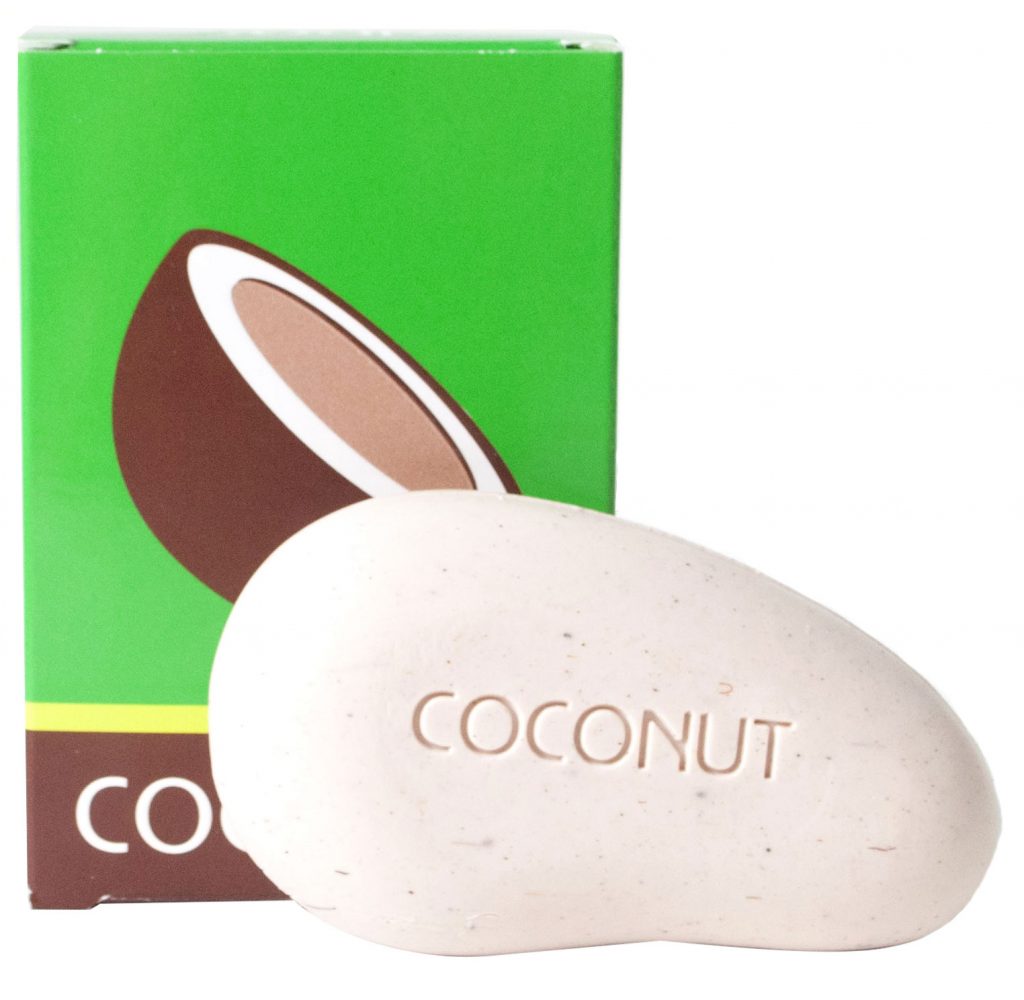
Tallow-based soaps
In the time of our great-great-grandmothers and before them, soap was made from the remains of animal fat gathered over a period of time in peasant farms. It was caustic but very demanding and used for both personal hygiene and clothing. Soaps of animal fat soap were a blessing to those who lived in those days, but they were harsh compared to what we have nowadays. For most of the only possible option was soap made in his own household, as crude and crude as it was, many centuries have been the only effective weapon to ensure hygiene and avoid the spread of all kinds of plagues. However, our current choices are multiple – perhaps too many – and require some research and understanding to know exactly what we use on our skin.
Tallow Soap is still particularly popular within the shaving community due to better lathering properties. Tallow soaps give a very smooth classic shaving.
FORMULA T SHAVING SOAP SHEA BUTTER & TALLOW – BARBERSHOP BY WET SHAVING PRODUCTS 4.7OZ 135G
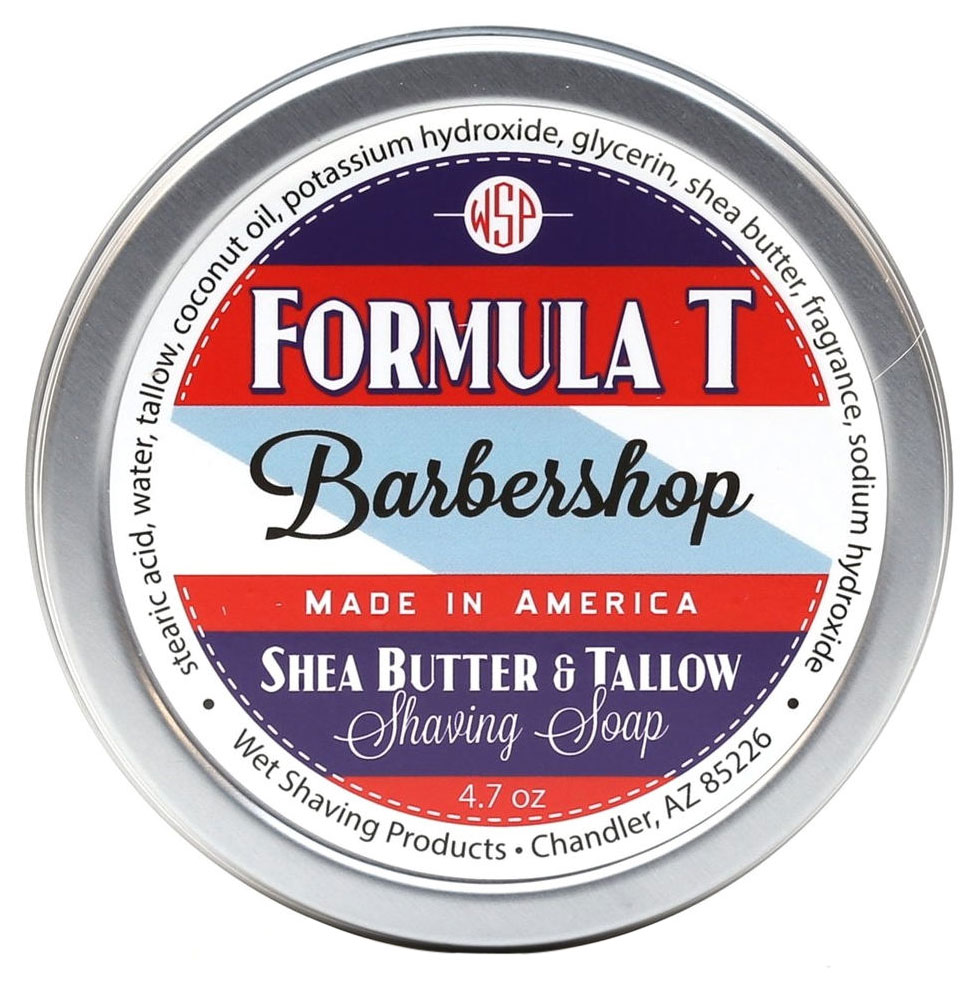
Triple milled soap
It is a high-quality triple-ground, mild soap. After the saponification process, the soap is passed through high pressure rollers at least three times. All the ingredients are thoroughly mixed and excess water and air is pressed out of the mixture, creating a fine, smooth paste. Triple mild soaps are harder , more concentrated and very economical.
MISTRAL MEN S TEAK WOOD FRENCH BAR SOAP 250 G / 8.8 OZ
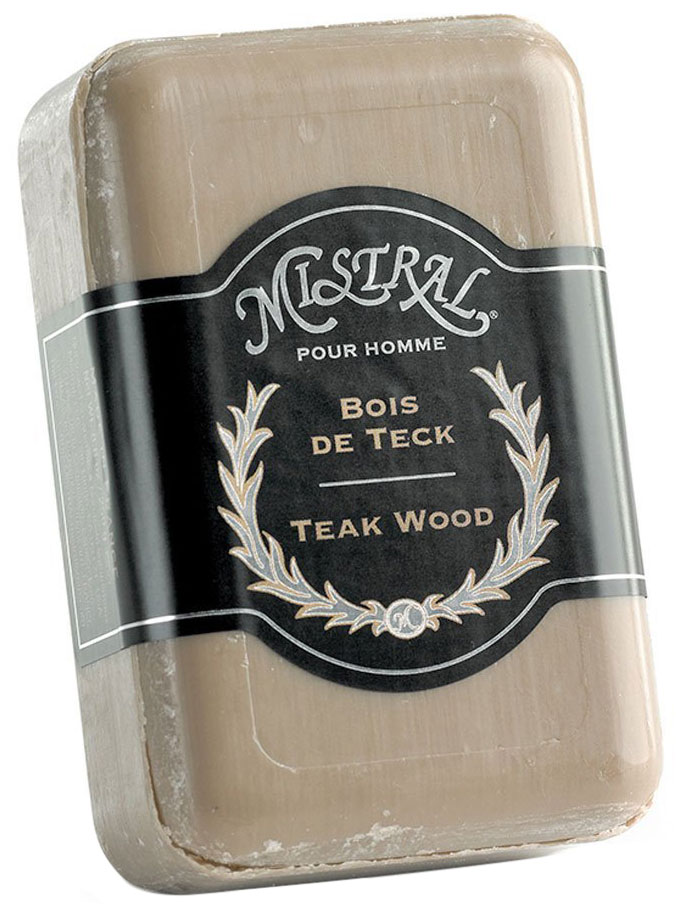
Marseille Soap
What makes this soap so simple and velvety?
Traditional Marseille soap is more expensive than usual, but connoisseurs say it deserves. It is hypoallergenic and has no added perfume or additives.
Soap is not only softer but also has other useful properties: it can be used to wash your laundry, shine jewelery, remove moths, cleanse your skin and hair brushes, floors and can also be used as shaving foam.
Marseille soap or Savon de Marseille is a traditional hard soap made from vegetable oils that has been produced around Marseille, France, for about 600 years. Traditionally, the soap is made by mixing sea water from the Mediterranean Sea, olive oil, and the alkaline chemicals soda ash (sodium carbonate) and lye (sodium hydroxide) together in a large cauldron (usually making about 8 tons). This mixture is then heated for several days, stirring constantly. The mixture is allowed to sit until ready, then poured into a mold and allowed to set slightly. While still soft it is cut into bars, stamped, and left to completely harden. The whole process can take up to a month.
COMPAGNIE DE PROVENCE AUTHENTIC OLIVE OIL MARSEILLE SOAP 14.11 OZ / 400 G
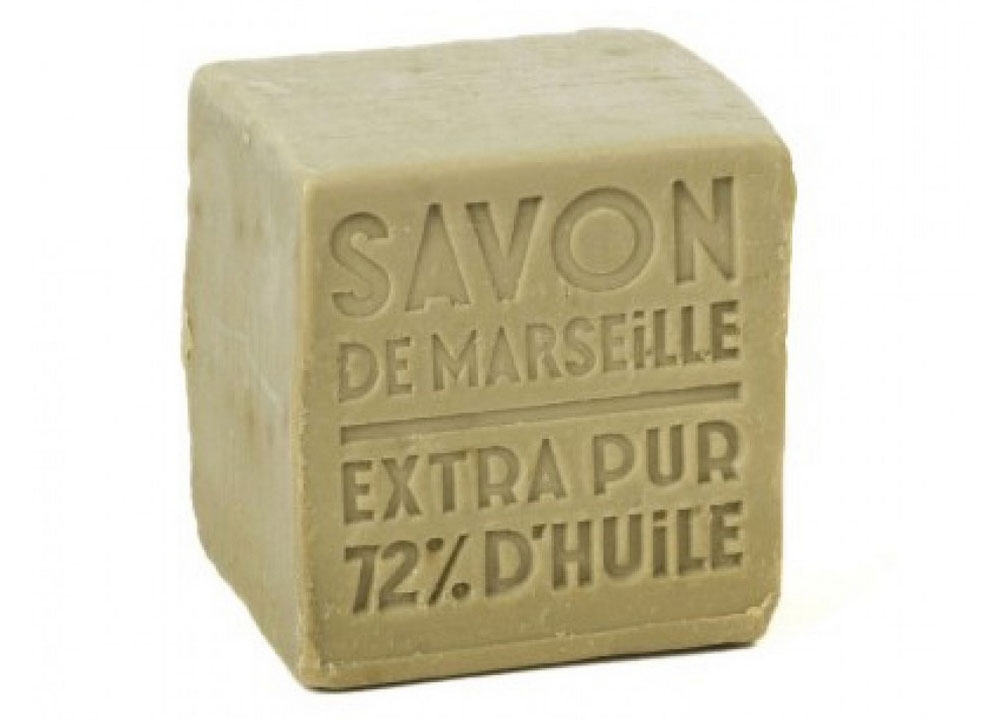
Castille Soap
Castille Soap has a long and rich history. It originated in Castilla, Spain, where medieval craftsmen tried to imitate the famous Aleppo (Syria) soap, using oil of laur olive oil in exchange for olive oil. Good quality soap only contains vegetable oils, without animal fats, and is recommended for all skin types.
Add coconut oil, linseed oil, avocado or almonds and nuts. For perfume, only extracts of flowers and aromatic plants are used.
The soap dish is found in a solid, homogeneous form, but it is finer and lighter, as well as in a liquid form, easy to use when washing and cleaning the house.
CASWELL-MASSEY DR. HUNTER S CASTILE BAR SOAP 6.5OZ
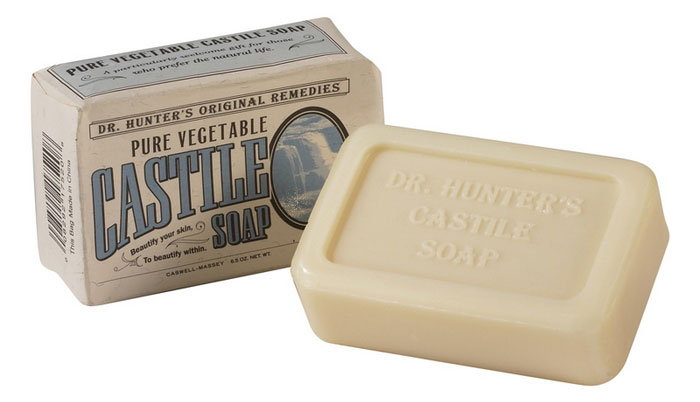
Aleppo Soap
Aleppo Soap is a handmade, hard bar soap originated with the city of Aleppo, Syria. Aleppo soap is classified as a Castile soap as it is a hard soap made from olive oil and lye, then laurel oil is added
Olive Oil water and lye are slowly boiled for three days until they become a thick paste then Laurel Oil is added.
The paste is poured on waxed paper on the floor of the factory and left to cool for a day. After that the soap is cut and stamped with the artisan’s name. The cubes are left to dry in aired cylinders , once they are sufficient hard they are put in a special subterranean chamber to be aged from 9 to 12 Months.
MARIUS FABRE OLIVE OIL ALEPPO BAR SOAP, OLIVE & LAUREL OIL 200G 7.05OZ
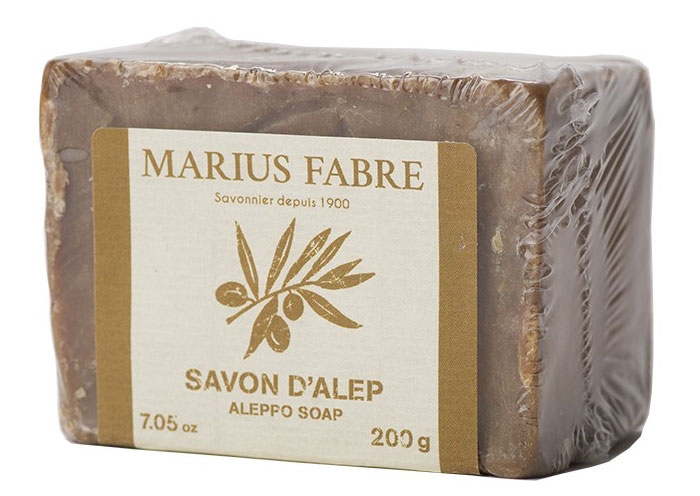
Glycerin Soap
Most people refer to soap with glycerin as a clear soap, like a gel. Transparent soaps go through a process where the soap (lye and glycerol from plant oil or animal fat ) mixture is continuously boiled with sugar and alcohol until it reaches a clear, jelly-like consistency. Alcohol prevents the soap from crystallizing, so it remains clean, clear. Glycerin soaps are moisturizing soaps due to the properties of Glycerin but they don’t last very long.
KAPPUS MARTINA GLYCERINE BLUE IRIS SOAP 120G 4.2OZ
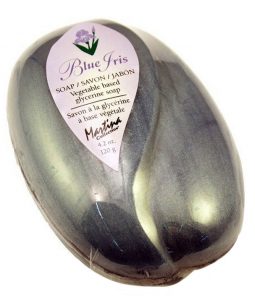
Milk Soaps
Milk soaps are regular vegetal or tallow soaps in which milk is added during the manufacturing process. One of the most popular Milk Soaps is the Goat Milk one
The goat’s milk contains a lot of nutrients, fats, proteins that benefit the skin. The benefits of goat milk are best felt by people suffering from various skin conditions. It can also be used by those who just want to maintain a young, healthy skin.
So what are the benefits of soap with goat’s milk? The answer is simple: for moisturizing, sensitive skin, acne, delicate exfoliation, eczema, because the pH of goat milk is the closest, if not quite similar, to human milk.
OLIVOS DONKEY MILK SOAP IN CANVAS BAG 150G 5.3OZ
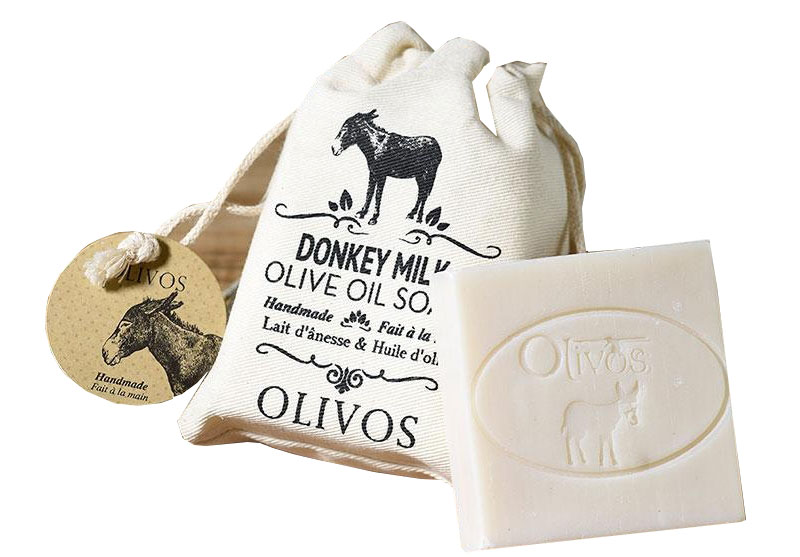
Black soap
Without artificial dyes or charcoal, the original African black soap owes its dark brown color to its special ingredients (ash from cocoa paste). It has healing properties, being particularly suitable for dry, rough skin with eczema.
African black soap is an original product, with many uses.
Due to the simplicity and purity of its ingredients rich in essential vitamins, minerals and antioxidants, black soap has a number of benefits for the skin.
MARIUS FABRE BLACK SOAP WITH OLIVE OIL 200G 7.1 OZ
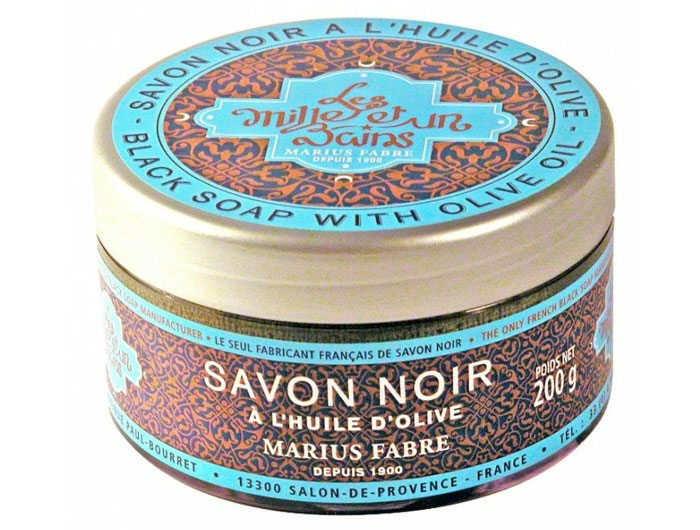
Charcoal soap
Active carbon is one of the most effective methods of nature to combat aging. This is so powerful that it is considered the most effective remedy for ingestion of any type of toxic substance, helping to reduce poisoning up to 60% by binding chemical substances and reducing their toxicity. Active carbon soap is considered a true elixir of beauty, with the following benefits for the skin:
- Cleans the skin thoroughly
- Detoxifies thoroughly
- Attracts skin fats and toxins
- Cleans the pores completely
- Removes impurities
- Gently cares for skin prone to acne and black dots
- Guarantees a shiny and healthy skin.
PLANTLIFE BLACK SOAP WITH ACTIVATED CHARCOAL 4 OZ 113G
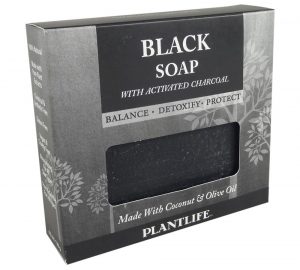
Pine tar Soap
Tar Soap is a natural remedy designed to have antiseptic and insect control properties. It is often used to treat skin diseases such as psoriasis and eczema. It is made with Pine Tar Oil as the fat part of the soap process. Its distinct pine tar scent is strong and not everybody’s favorite but the soap effectively ends body odor.
